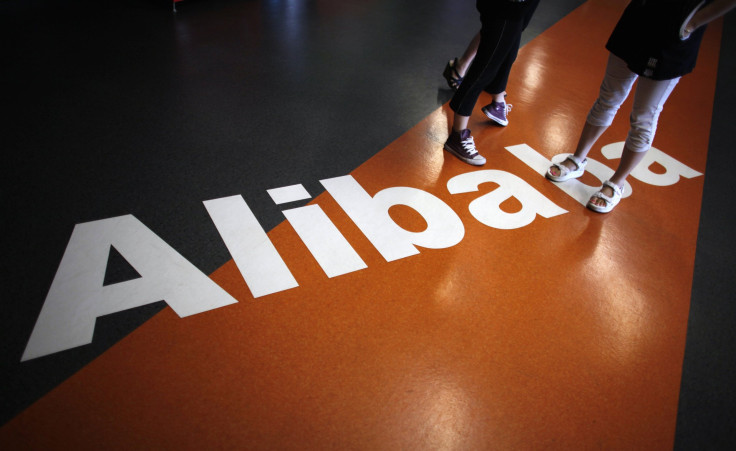China’s Annualized CPI In 2013 Advances 3.1% In September Versus A Rise Of 2.6% In August, While Its Annualized PPI In 2013 Declines 1.3% In September Versus A Fall Of 1.6% In August

China’s inflationary pressures appeared comparatively moderate in September, thus affording the country’s fiscal and monetary policymakers space for economic stimulus in the event they wish to address the long-term trend in the annual growth rate of the nation’s gross domestic product, which fell to 7.5 percent in the second quarter of 2013 from 11.9 percent in the first quarter of 2010.
Year on year, China’s consumer price index advanced 3.1 percent in September, compared with an increase of 2.6 percent in August, and its producer price index declined 1.3 percent in September, compared with a decrease of 1.6 percent in August.
Month on month, the CPI climbed 0.8 percent and the PPI inched up 0.2 percent, according to the National Bureau of Statistics of China data released in Beijing Monday at 9:30 a.m. local time (Sunday at 9:30 p.m. EDT) and reported by MarketWatch.
Econoday reported the consensus estimates before the data releases were that China’s annualized CPI rose 2.9 percent and its annualized PPI fell 1.4 percent last month.
China’s National Bureau of Statistics will issue its GDP figures for the third quarter of this year in Beijing Friday at 10 a.m. local time (Thursday at 10 p.m. EDT). Econoday said the consensus estimate is that the annual growth rate of the country’s GDP rose to 7.8 percent in Q3 from 7.5 percent in Q2.
China’s President Xi Jinping did not sound any alarms about the country’s economic growth at a gathering on the sidelines of the Asia-Pacific Economic Cooperation Summit in Indonesia Oct. 7. In fact, Xi indicated the slowdown is the result of “controlled adjustments” and that the nation’s leadership does not believe the economy is headed for a hard landing, according to the South China Morning Post.
Nonetheless, China’s current inflationary pressures -- or the relative lack of them -- should give policymakers space for economic stimulus, were Beijing to change its collective mind.
© Copyright IBTimes 2024. All rights reserved.












